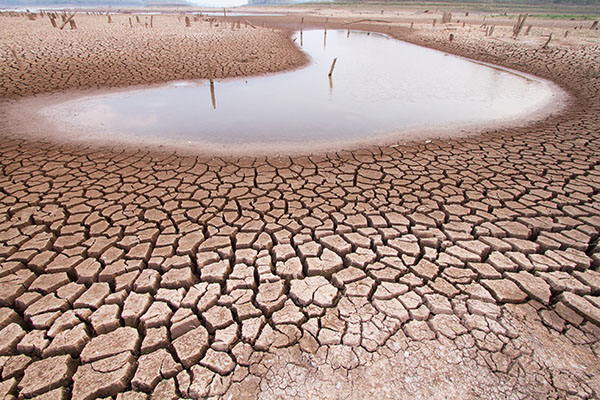How to tell if your water is safe to drink
07/02/2018 // Frances Bloomfield // Views
Tags: clean water, contaminated water, drinking water, potable water, preparedness, prepper, prepping, survival, tap water, toxic water, water, water cleanliness, water health, water purity, Water safety

- Watch out for unusual smells: Before you drink a nice, cool glass of water, take a whiff. If you notice that it has any sort of smell, put that glass down. Your water is loaded with contaminants and pollutants – the smells of which can actually tell you which ones are lurking in your water. Be extra cautious of the following smells:
- Chlorine smell: Water that has the strong, unmistakable odor of chlorine is typically caused by water treatment facilities dumping in chlorine to inhibit bacterial growth.
- Petroleum smell: As per MyTapScore.com, there are various potential reasons why your water may have a gasoline-like odor. These can range from agricultural runoff leaching into your local water supply to a leak coming from an underground fuel storage tank.
- Rotten egg smell: The presence of a rotten egg scent can mean one of two things: Either something has died in your water source or there’s an abundance of bacteria.
- Turpentine smell: If you sniff out turpentine, that means your water is most likely contaminated with methyl tertiary-butyl ether. This colorless, flammable liquid is typically used as a fuel component in gasoline engine fuel.
- Look out for strange sights: By this, we mean take note of your water’s appearance. It should be as clear as possible when held under light. If your water looks cloudy or comes across as having a weird color then it’s no good. For instance, water that has a brownish or slightly orange color may be that way because of rusty old water pipes. Clear water is the best water, remember that. (Related: Hospital drugs routinely get flushed down drains where they pollute water systems.)
- Perform a taste test: Just a small taste will do. You should look out for a salty or metallic taste. According to Water-Doctor.com, salty-tasting water has high amounts of sodium in it while metallic-tasting water contains elevated levels of iron, manganese, lead, or copper. The metallic flavor will be especially noticeable if there’s too much manganese or iron in your water.
These are the easiest ways to tell whether or not your water is safe for drinking. To be extra sure, we highly recommend investing in water testing kits, or better yet, a proven water filter. You may be spending a little more than you’d like, but you can’t put a price on ensuring that your water is as clean and as pure as possible. Water quality is a huge concern for many people and it should be for you as well. After all, you need water to survive, and the only way to do that is to drink the best water possible.
Discover other ways to safeguard your water by going to WaterFilters.news today.
Sources include:
Related Topics
clean water contaminated water drinking water potable water preparedness prepper prepping survival tap water toxic water water water cleanliness water health water purity Water safetyLatest News
Related News
11/10/2023 / By Arsenio Toledo
11/09/2023 / By Arsenio Toledo
10/26/2023 / By Ethan Huff
10/25/2023 / By Cassie B.
09/28/2023 / By Arsenio Toledo
Take Action:
Support Natural News by linking to this article from your website.
Permalink to this article:
Copy
Embed article link:
Copy
Reprinting this article:
Non-commercial use is permitted with credit to NaturalNews.com (including a clickable link).
Please contact us for more information.
Please contact us for more information.























